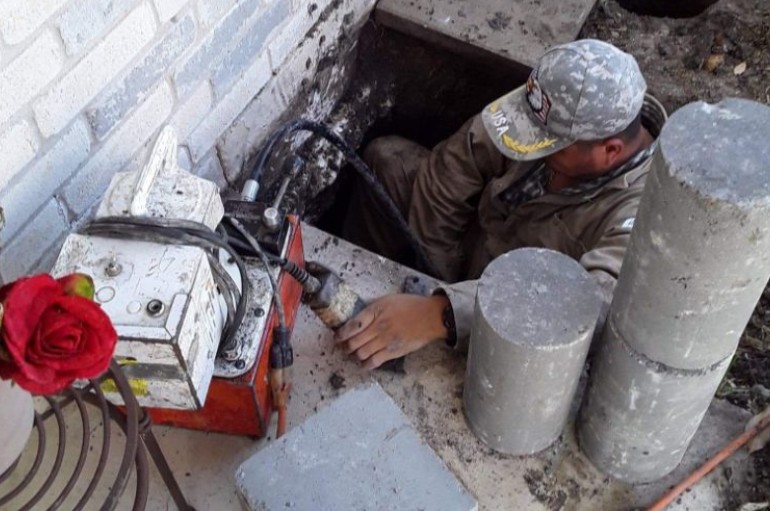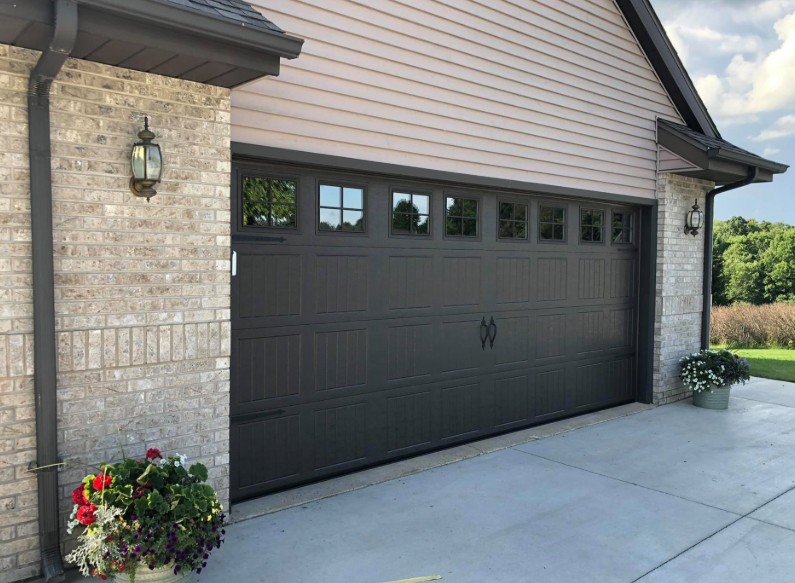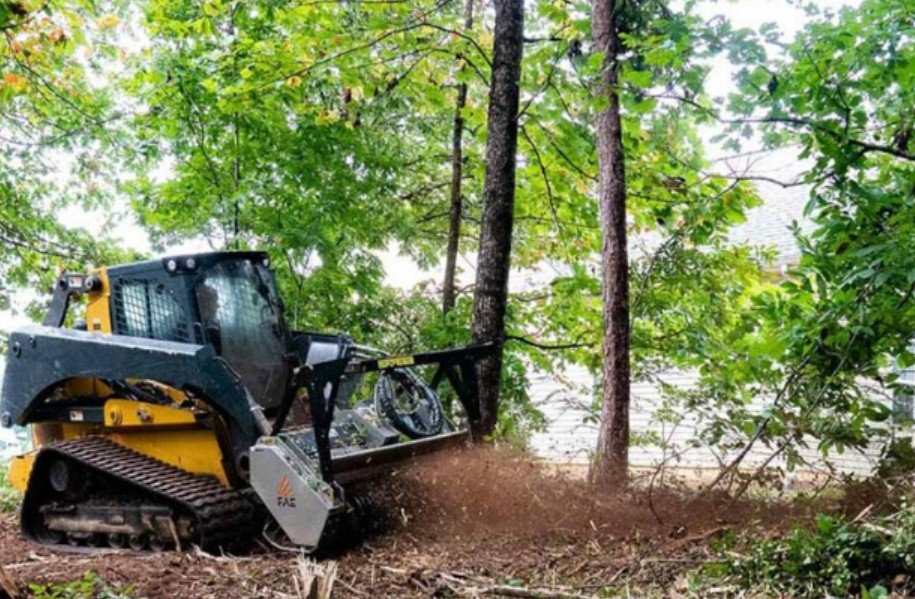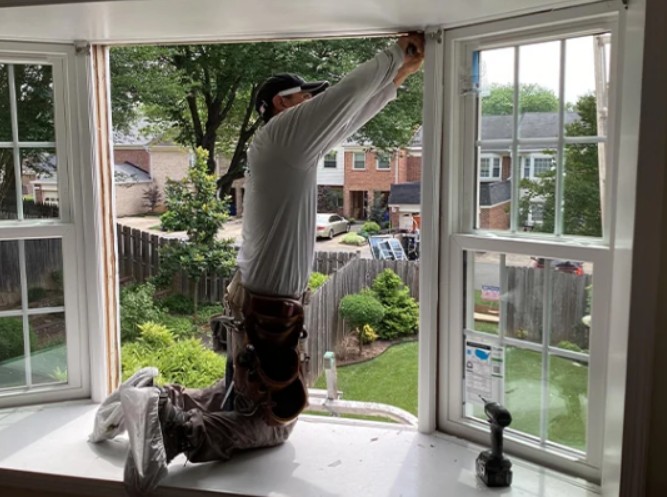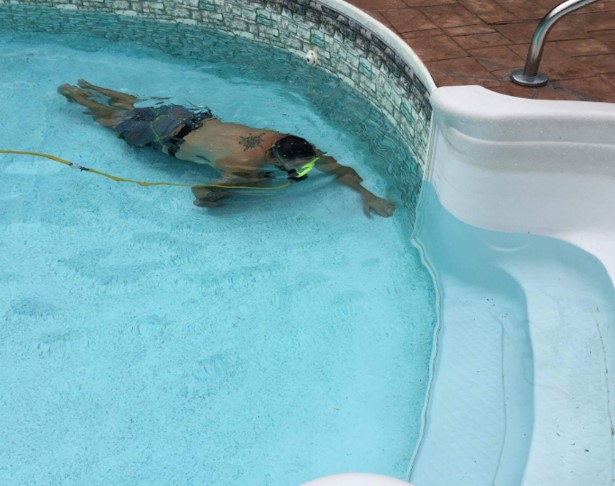
Swimming pool leaks can be a significant concern for pool owners, as they can lead to higher water bills, damage to the pool structure and surrounding area, and can affect the chemical balance of the pool water. Understanding the common causes of swimming pool leaks is essential for timely detection and repair. Here are some of the most frequent sources of leaks in swimming pools:
- Cracks in the Pool Shell: Over time, the concrete or fiberglass shell of a pool can develop cracks. These cracks can be due to ground movement, poor construction, or the natural aging process. Cracks are more common in areas with extreme temperature fluctuations, as the expansion and contraction can stress the pool materials.
- Faulty Plumbing: The plumbing system that circulates water in and out of the pool can develop leaks. This could be due to loose or deteriorated pipe joints, broken pipes, or damage caused by external factors like tree roots or shifting soil. Leaks in the plumbing are often harder to detect as the pipes are usually buried underground.
- Skimmer Leaks: The skimmer, which helps remove debris from the pool surface, can be a common leak source. Cracks in the skimmer, a broken seal where the skimmer meets the pool wall, or issues with the skimmer basket or weir can lead to water leakage.
- Loose Tiles or Pool Coping: Tiles or coping around the pool edge can become loose or damaged over time. Water can seep through these gaps, especially if the caulking or grout is deteriorating. This type of leak is more common in older pools.
- Faulty Equipment: Components like the pool pump, heater, and filter can develop leaks. These leaks are usually due to worn-out seals, gaskets, or O-rings, which can deteriorate over time and with exposure to pool chemicals.
- Light Fixtures: In pools with underwater lighting, the seal around the light fixture can become a source of leakage. This usually occurs if the sealant deteriorates or if the light fixture is not properly installed.
- Hydrostatic Valve Failure: In pools with a hydrostatic valve at the bottom (usually found in concrete pools), a failure or malfunction of this valve can lead to leaks. The hydrostatic valve is designed to balance the pressure between the pool water and groundwater, and if it fails, water can escape through it.
- Overflow and Drain Issues: Sometimes, the issue might not be a leak but a problem with the overflow or drainage system. If these systems are not functioning correctly, they can give the appearance of a leak by allowing water to escape.
- Vinyl Liner Tears: For pools with a vinyl liner, tears or separations in the liner can be a common cause of leaks. Liners can be damaged by sharp objects, age, or improper installation.
- Expansion Joint Failure: The expansion joint is a crucial element that separates the pool structure from the surrounding deck. If this joint fails or the sealant used in the joint deteriorates, water can leak through this gap.
Detecting the exact cause of a pool leak often requires a professional assessment. Pool professionals use various techniques like pressure testing, dye testing, and electronic leak detection to accurately locate and fix leaks. Regular maintenance and inspections can help in early detection, preventing more significant damage and costly repairs.
This post was written by a professional at Mr. Pool Leak Repair. Welcome to Mr. Pool Leak Repair – Your Trusted Pool and Spa Solution in Dallas, Plano, and McKinney, TX! At Mr. Pool Leak Repair, we are your go-to experts for all your pool and spa needs. We proudly serve the Dallas, Plano, and McKinney areas. We specialize in a wide range of services including:
- Pool and Spa Leak Detection
- Dye Testing
- Decorative Concrete
- Pool Light Repair
- Dive Pools
- and Pool Crack Repair in the Dallas TX area!
We will ensure that your pool and spa remain in perfect condition, providing you with years of enjoyment and relaxation. Click here to learn more!

